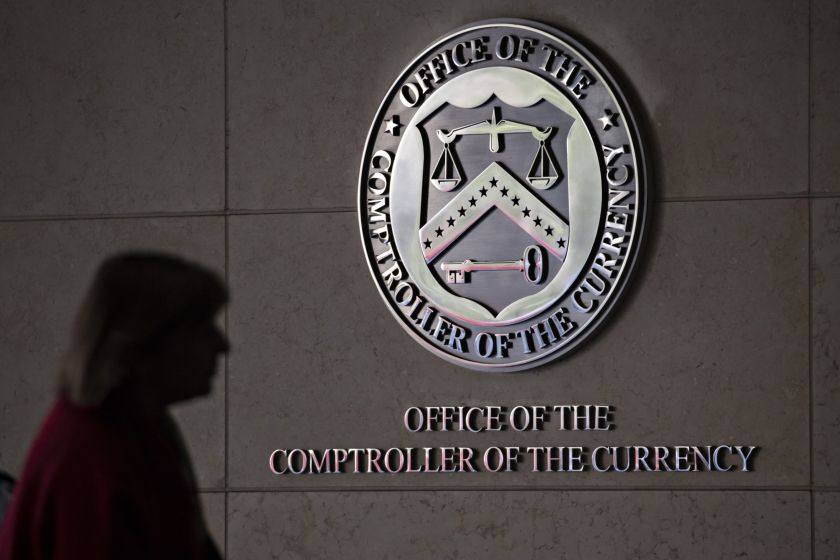
The Office of the Comptroller of the Currency is rolling back disparate impact supervision for banks, it announced Monday.
As such, the federal agency’s supervisory process for fair lending compliance will no longer include the examination for cases in which neutral policies have an unequal effect on a protected class such as by race or gender.
It is a direct response to an executive order President Trump issued April 23, 2025, which called for agencies to eliminate the use of disparate impact liability in all contexts.
The fair lending standard, long a source of division in the housing industry, held both bank and nonbank lenders accountable for discriminatory outcomes, even in the absence of intent.
References to disparate impact will be removed from the comptroller’s handbook, however, if cases involving disparate impact are uncovered during future examinations, it will take corrective measures, the agency said.
The OCC will still perform fair lending risk assessments on a regular basis, review data collected under the Home Mortgage Disclosure Act for signs of disparate treatment, conduct fair lending exams based on risk, and take enforcement action when such treatment is identified, James Gallagher, senior deputy comptroller for the Office of the Chief National Bank Examiner, said in a statement.
Banks are still expected to “provide fair access to financial services, treat customers fairly, and comply with all applicable laws and regulations,” Gallagher added.
Scaling back the use of disparate impact to evaluate and enforce fair lending practices is likely to win
In recent years a slew of banks have moved to settle with the federal government over Fair Housing Act violations One of the most hefty settlements is City National Bank in Los Angeles
The OCC’s rollback of disparate-impact enforcement follows the Trump administration’s efforts to dismantle diversity, equity and inclusion initiatives, including rolling back previous guidance and programs affecting housing.
Recent examples include the disbanding of the Biden-era interagency
“Under President Trump’s leadership, the Biden-era’s obsession with [diversity, equity and inclusion] and overregulation is over,” said HUD’s Secretary Scott Turner commenting on the termination of the PAVE taskforce.


